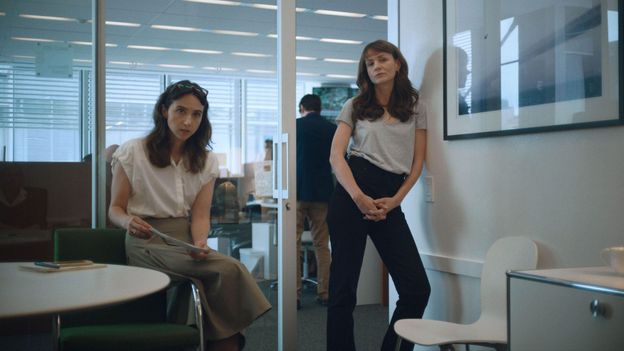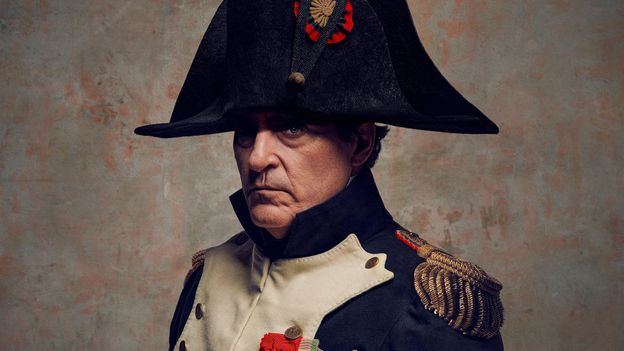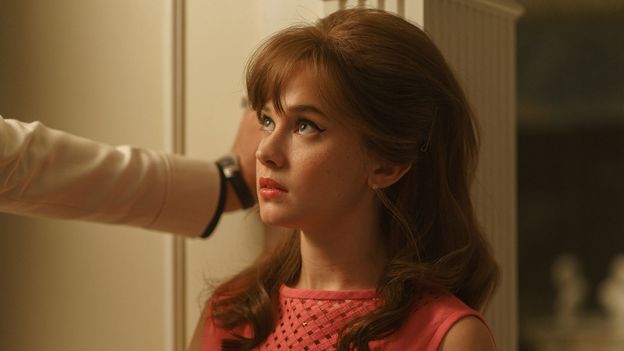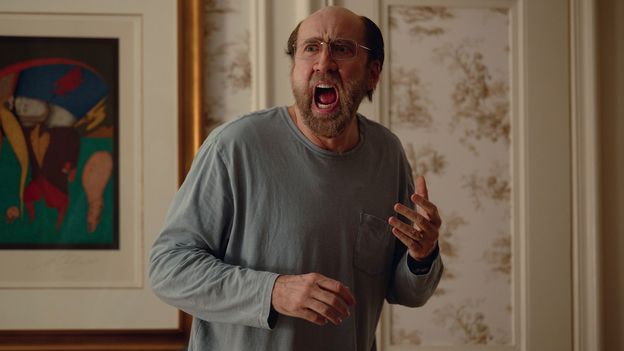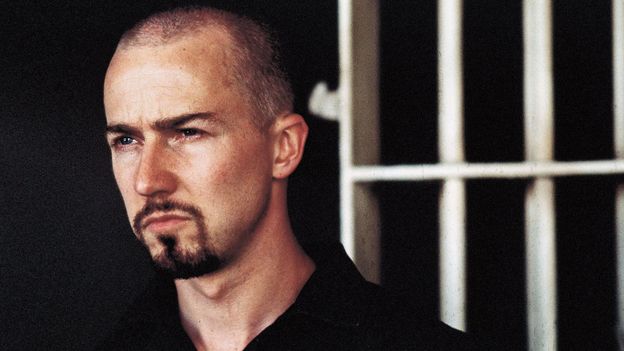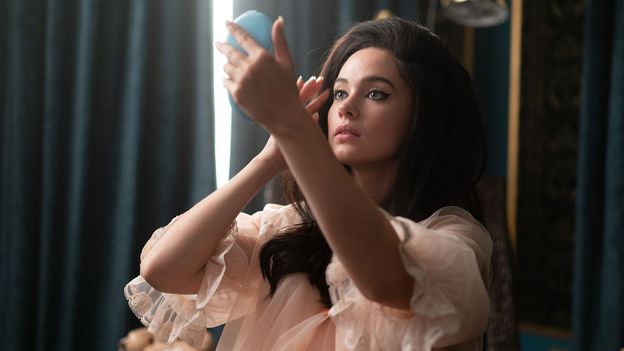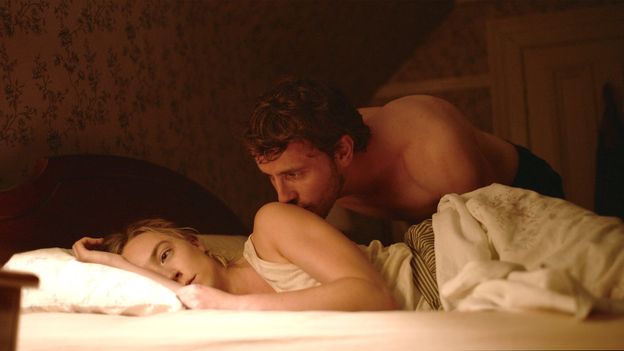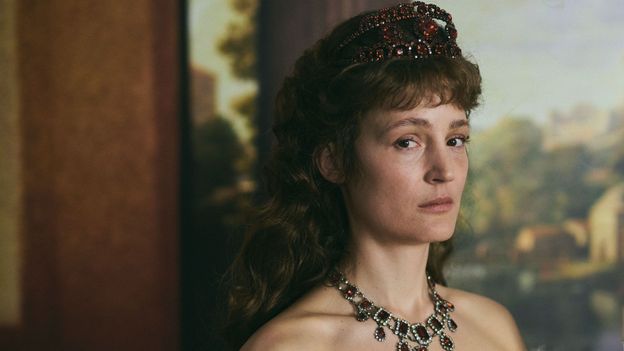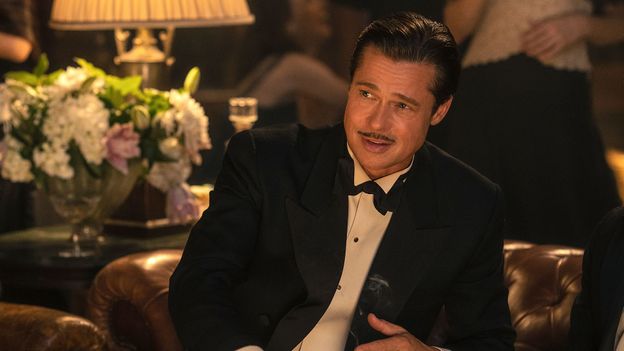Michaela Coel’s 2020 HBO/BBC series I May Destroy You – a semi-autobiographical account of a woman trying to solve the puzzle of her rape while navigating a publishing industry not designed for people of her race or class to feel supported – was a striking exception. Among other things, it provided complex representation of both a black female and queer experience of assault to which people from any background could viscerally relate. Li calls it the “gold standard” of these types of stories, where the victim doesn’t have to be perfect. “Arabella makes all these bad decisions, which I’ve always felt is more representative of being in a traumatic state,” the author says. “If you’ve been through that kind of trauma, you’re going to have that struggle to want to tell your own story on your own terms. I felt it was much more authentic.”
Documentaries like On the Record, Surviving R Kelly and Athlete A have shared the stories of black women abused in the entertainment industry and US gymnastics, but, when it comes to fictionalised feature films and TV shows, far more room could be made for intersectional stories of survival beyond the white norm in order to empower women of all backgrounds to speak up for themselves and others. “The East Asia and Southeast Asian communities tend to be very hesitant to speak out about sexual assault so She Said bears a pretty heavy burden in terms of representing a diversity story in a movement that has largely centred on white narratives,” says Chiu.
“There’s still a lot more space to understand the complexity and nuance of power dynamics, abuse, how abuse can happen and what the experience of abuse is like, in all its diversity across the spectrum,” adds Yeoh. “Also, what the healing journey is to come out of that because everyone’s different.”
Despite the Oscar buzz, She Said was released in the US and its opening box office did not light up – it grossed $2.25 million (£1.86 million) from 2,022 theatres. Its slow start could be simply a reminder that a lot of critical favourites fail to stimulate audience interest before award season. Or it might be a sign of fatigue over #MeToo storylines. Li certainly believes there is a backlash in terms of how people are reacting to the movement now. “Some people are rolling their eyes but the irony is that the #MeToo fight, ultimately, is about gender inequality, and that’s been going on for all of human history, since the beginning of the film industry, and only recently have big names been called out,” she says.
“It’s an incredibly short-sighted backlash for people who are, like, ‘it’s no longer hip and trendy to be doing #MeToo narratives,'” says Li. “Because it still speaks to a lived reality that many women and people of other gender experiences have to go through.”
The story didn’t end when Kantor and Twohey clicked publish in 2017; rather, it had only just begun, and while the past five years have empowered women to speak up and speak out about the systemic patriarchal abuses we face, it’s not always been easy, or welcomed. But cinema will continue to be a vital forum to confront and examine the myriad ways in which a post-#MeToo/Weinstein society succeeds or fails in protecting women. “It’s important that we keep having this conversation,” says Baughan, “[that] we keep the focus on victims of abuse and allow them to have a voice.”
She Said is out now in US and UK cinemas. Women Talking is released in US cinemas on 2 December and UK cinemas on 10 February 2023.
Love film and TV? Join BBC Culture Film and TV Club on Facebook, a community for cinephiles all over the world.
If you would like to comment on this story or anything else you have seen on BBC Culture, head over to our Facebook page or message us on Twitter.
And if you liked this story, sign up for the weekly bbc.com features newsletter, called The Essential List. A handpicked selection of stories from BBC Future, Culture, Worklife and Travel, delivered to your inbox every Friday.

